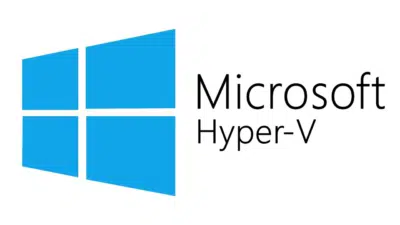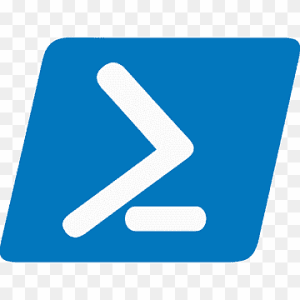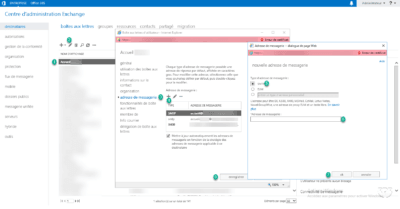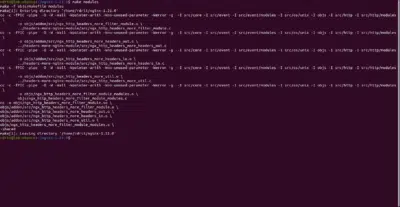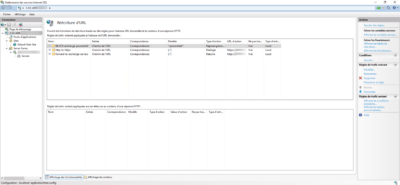Ubuntu 22.04: install a LAMP server (Linux Apache MariaDB PHP)
LAMP Overview In this tutorial, I will explain how to install a LAMP server on Ubuntu 22.04. LAMP stands for Linux Apache MariaDB PHP, it is a set of software that we very often find when we want to run a Web server. With LAMP you can operate: For the Linux part, I will use …


